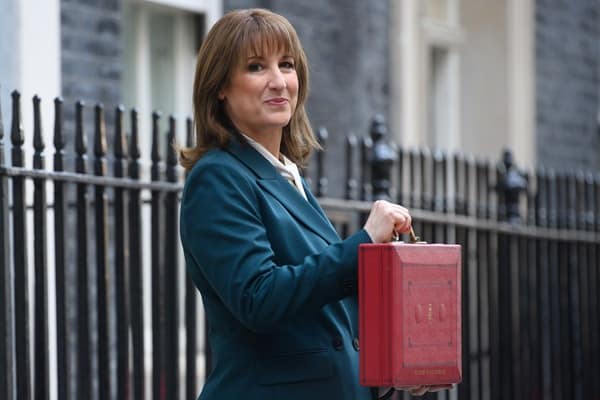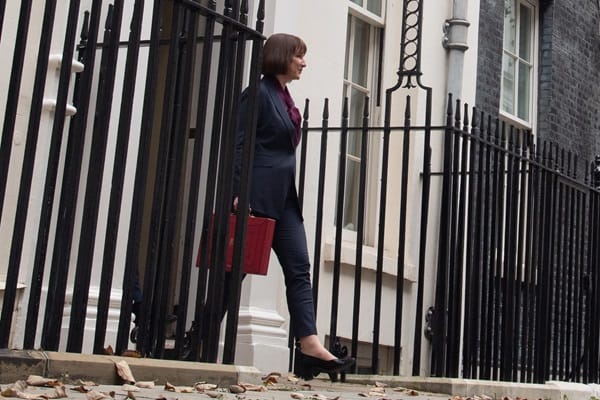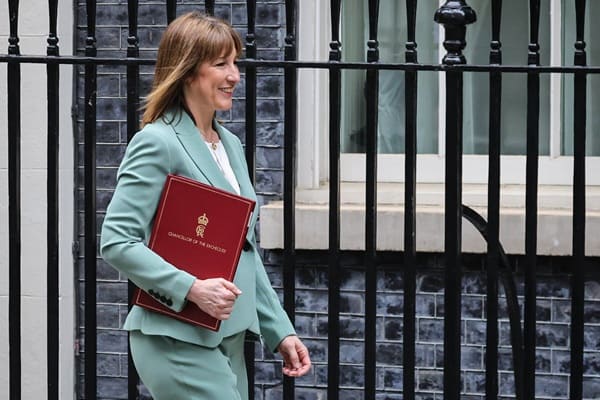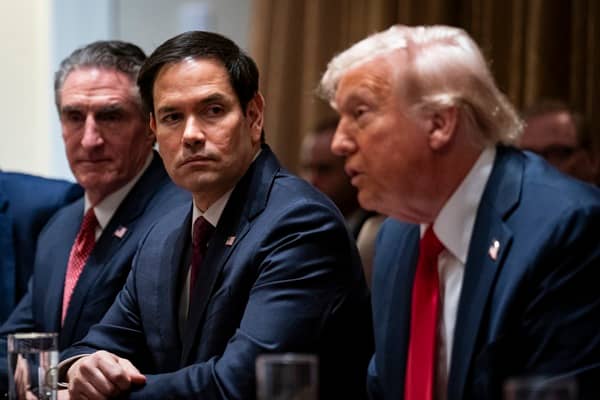fromIPWatchdog.com | Patents & Intellectual Property Law
2 months agoPatent Policy in the Trump Administration: What's Next for the USPTO? | IPWatchdog Unleashed
We address critical topics such as the recent shake-ups at the USPTO, the controversial "patent tax" proposal, how despite the fact that the USPTO is user-fee funded it is being swept up in broader Trump Administration efforts to downsize the federal government, what the word "innovation" really means, how businesses use intellectual property assets, the importance of predictable IP assets, the challenges of effective patent valuation, international collaboration and education to support small and medium size enterprises (SMEs), and much more.
Intellectual property law



























